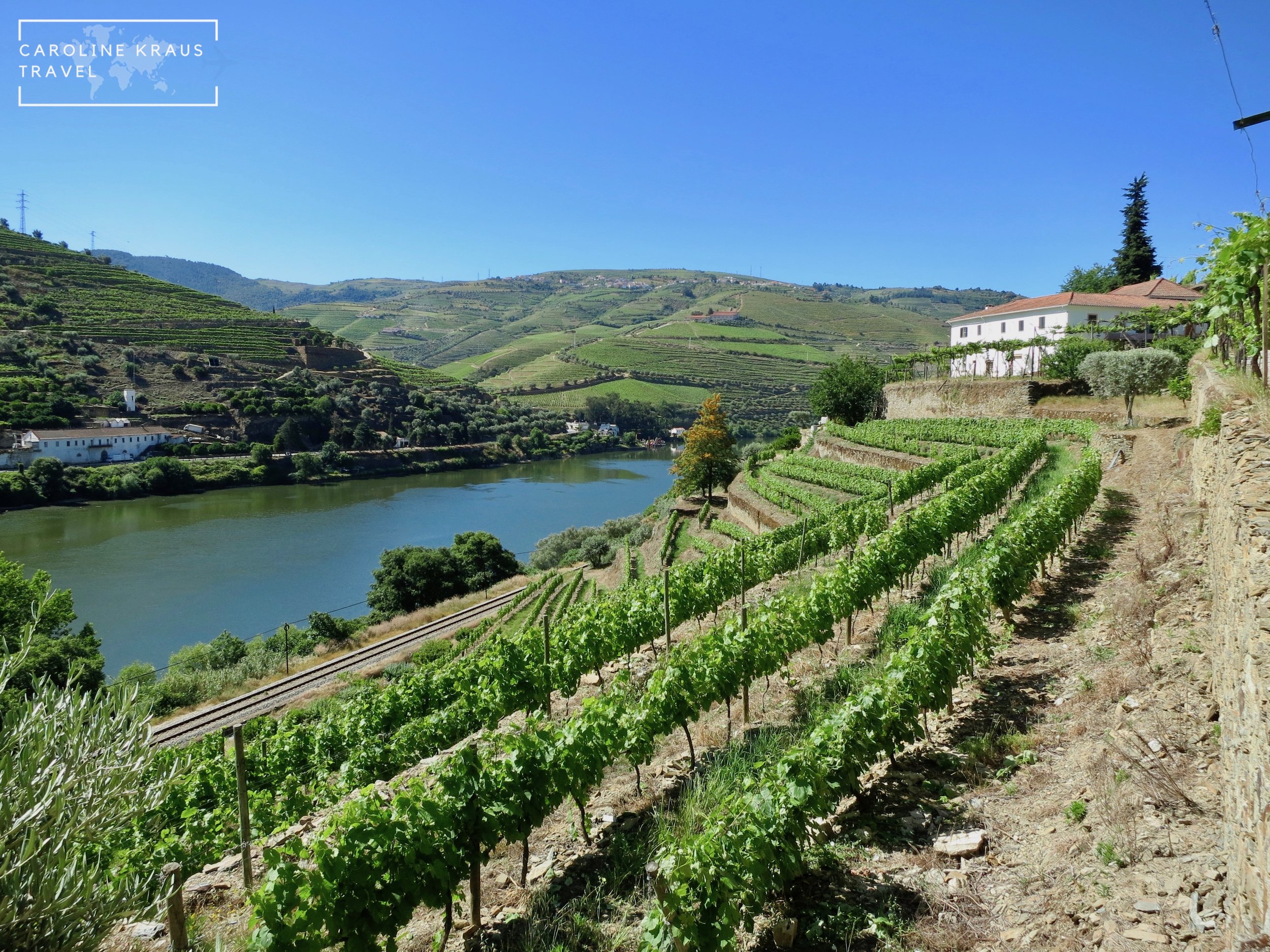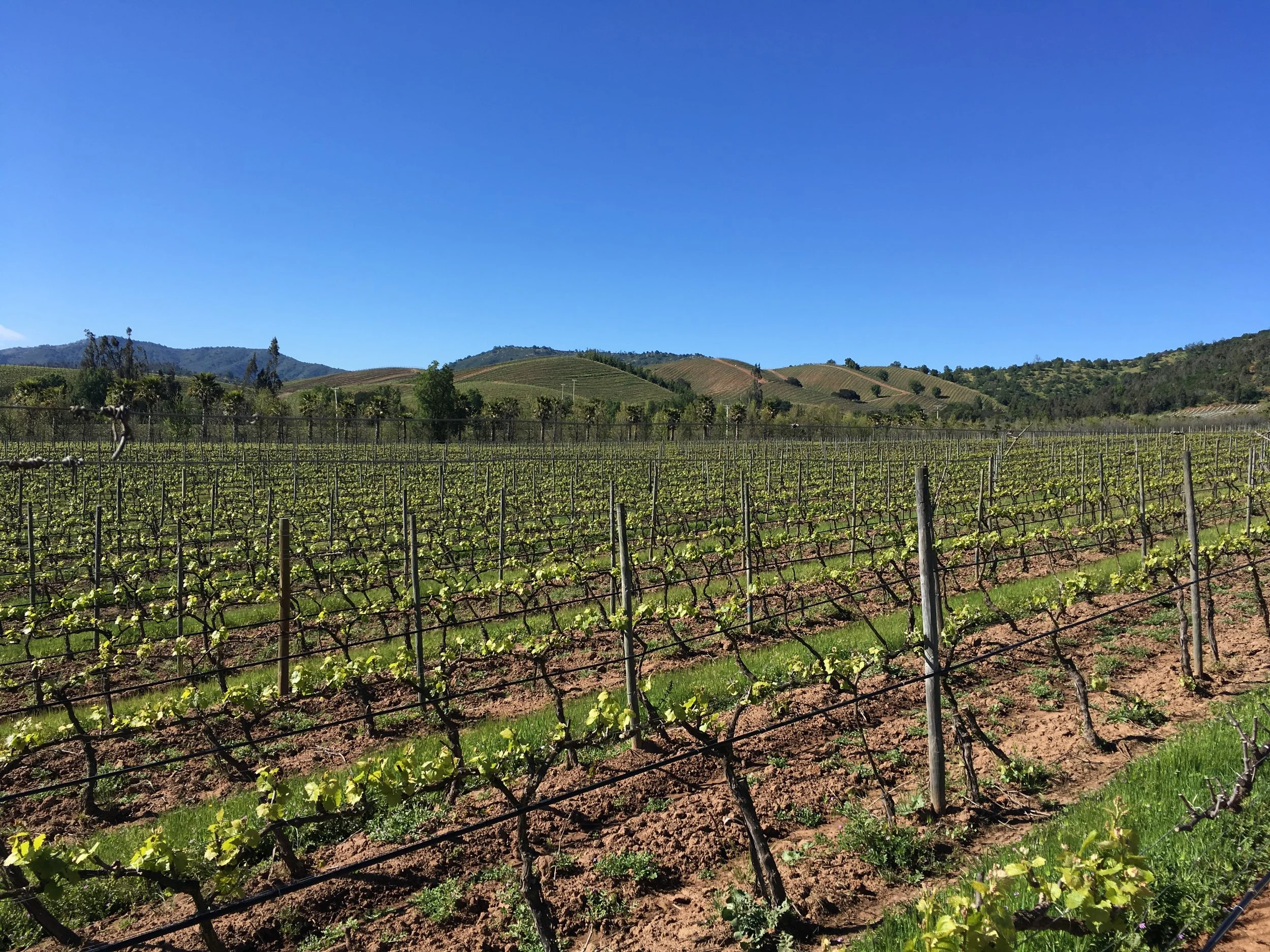As I was recently booking a trip to the Burgundy wine region in France for my parents and me, I was overcome with excitement. It wasn't just elation at the idea of escaping to Europe, it was the anticipation of showing them my way of experiencing Europe.
My parents have been to Europe many times, three times to France. Even so, every time I recount my European trips to them, I realize that they haven't experienced Europe in the same way that I have. They have visited the big cities – Paris, London, Rome, Florence, and more – but they have never ventured outside the city limits.
They have never gone to a local wine festival in a tiny village and chatted with the winemakers for hours on end. They have never driven on winding clifftop roads seeing villages perched among the hills. They have never stopped at the little store along the road selling homemade sun-dried tomatoes and fresh feta.
They have yet to savor everything I love most about Europe.
So what is it about wine regions that give you the true taste of a country?
1. small towns = less change, more character
Big cities like Paris and Madrid are constantly evolving. Those villages perched among the hills – they don't change very much. Each one has its own old and unique character, distinct from the town a few miles down the road. When you visit a small town in Europe, you'll notice that most locals have lived there for their entire life. They can tell you who owns each store and each restaurant. They will tell you how their great-great-grandfather planted the first vines in their family's vineyard. The waiter at a restaurant will explain how a dish dates back hundreds of years and how they have never changed their secret recipe.
If you're lucky, you'll find yourself in the middle of a local festival where the whole town comes out to dance through the street and drink a peculiar wine. This actually happened to me in Laguardia, Spain! And the only way to figure out what was going on was to strike up a conversation with stranger.
Small towns and villages are almost frozen in time. If you're going to Europe for rich history, you can't beat wine regions.
2. Fewer tourists = more personal experiences
Paris and Rome are unforgettable cities, but you'll be one of thousands of tourists seeing the same sites, taking the same tours, and eating at the same Michelin star or 5-star TripAdvisor restaurants. But when you book a tour and tasting at a winery hours outside the city, you'll find yourself with one or two couples, if anyone at all. You'll enjoy a personal experience full of good conversation and unique opportunities.
When my husband and I visited wineries in the Rioja wine region in Spain, we had some incredibly noteworthy experiences.
At one winery, the owner had friends from Sweden visiting. He invited us to join in their tasting, which included special wines not on the tasting menu. When the owner himself tells you about the wines and winemaking process, it adds a special touch to the tour and makes it something you will never forget.
At another winery, the tour included a long walk around the wine-making facilities and through the vines, followed by a tasting paired with small bites. The tour guide then left us alone, with just three other couples, at a giant dining table in a beautiful old building with a few open bottles of wine. We could taste the wines as many times as we wanted and linger as we soaked in the gorgeous views of the vineyards. Not only did we get a full picture of the history of the vines and the deliciousness of the wine, but we also were able to chat with new friends from all over Europe and beyond. It was an unforgettable wine tour and tasting!
3. castles galore
In addition to the beauty of hilltop villages, most European wine regions are dotted with castles and neat old buildings that you wouldn't find in a tour guide. What's more European than castles? Seeing them everywhere brings the magical fantasy of Europe that most people hold to life. While some have museums inside, many don't. You can just walk right in and explore.
One of my favorite wine towns is Cochem, Germany. The town sits on low on the Mosel river, but if you look up you will find a gorgeous castle. It's picture perfect. And if you take a boat ride down the river, you'll be mesmerized by the number of castles overlooking the sloping vineyards – each one is as stunning as the last.
4. a SLOWER PACE OF LIFE
I think most people envy the slower pace of life that many Europeans practice. While it's still true of many of the cities, you'll only really experience it if you visit small towns. If you find yourself in a small town in Spain in the afternoon, the whole place will be sleeping. It's siesta time! Or if you are in a small Italian village on a Sunday, you'll find little open other than churches. There's never a rush in European wine regions. You feel like you have all the time in the world to relax and savor every last drop of the wine.
5. Wine permeates every aspect of a country's culture
Europeans have been making wine for so long, that it's impossible to separate wine from their culture.
When you visit a wine region and visit the vineyards, you learn about the community's way of life. The history of the vineyard is often affected by larger historic events. The vineyard's history can teach you about the agriculture and industry of an area. During a tasting, you almost always learn about the many generations of the family who has been making the wine. When you go out to eat, the food is intertwined with the wine – certain dishes are traditional because they pair well with the region's wine.
In Europe, wine is culture. Wine is history. Wine is everything.
-Caroline
Ready to plan a spring escape to a wine region?
Many European cities have record low flight deals from the U.S. right now, so it's a great time to book an escape!
Need help finding the best deal and planning your trip?


















